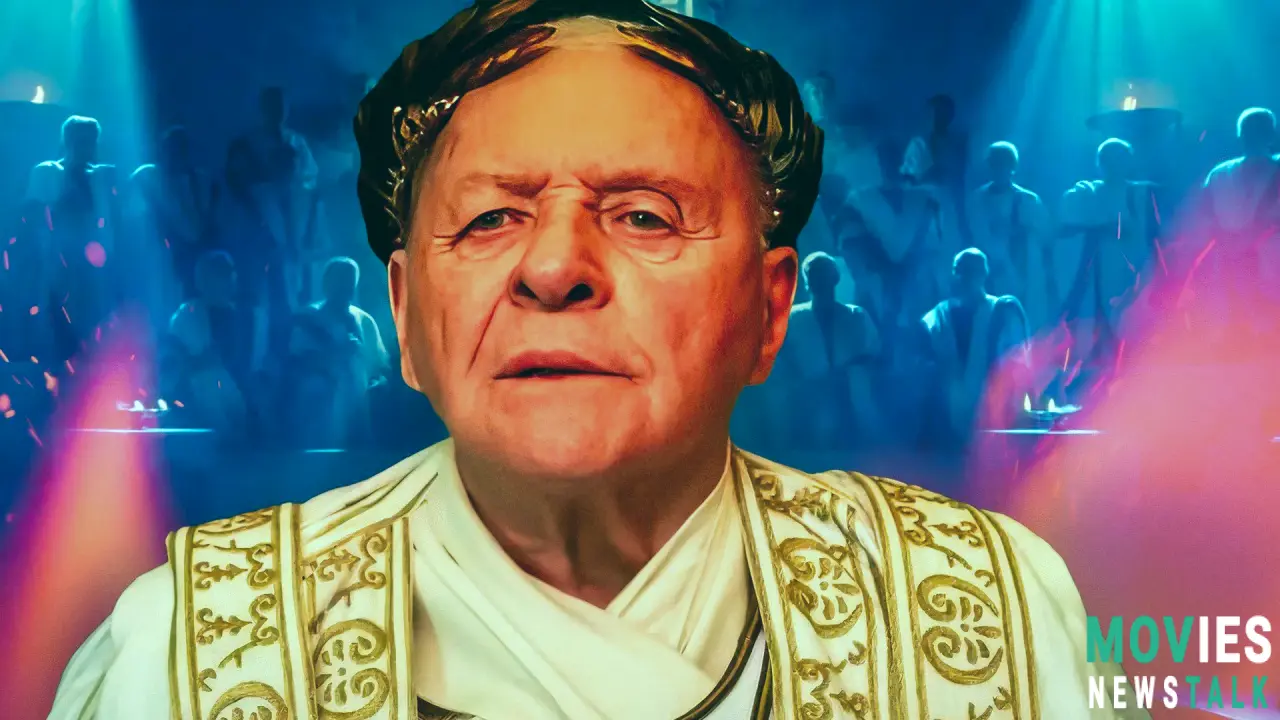About to Die: Historical Accuracy Study
Based on Daniel P. Mannix's 1958 book of the same name, Peacock's historical drama series Those About to Die transports audiences to the gladiatorial arena of ancient Rome. Although the show seeks to portray the terrible reality of Roman life under the Flavian Empire, it greatly deviates from historical accuracy in favor of entertainment above factual depiction.
Charioteer History in Ancient Rome
Among the main characters in the series is Scorpus, a renowned charioteer with legendary reputation for many wins. Although historical records indicate Scorpus was probably older, maybe in his late twenties or thirties, the show presents him as a young and vibrant person. Although the show honors Scorpus's actual arena victories, it embellishes his story by adding fictional components to strengthen the narrative.
Mount Vesuvius's Eruption: Historical Errors
The show tries to include the famous Mount Vesuvius eruption in 79 AD, a cataclysmic event that buried Herculaneum and Pompeii in volcanic ash. Still, the way the show depicts the eruption is off. Although the eruption happened about ten years after the period of the series, the show suggests—histologically false—that the Romans knew of the approaching disaster right away. Rome, a great distance from Vesuvius, was affected by the eruption; the effects were not felt right away since ash only reached the city few days after the first eruption.
Emperor Vespasian: Relatively Accurate Representation
Anthony Hopkins plays shrewd and aspirational Emperor Vespasian in the series, helping Rome to recover order following the turbulent Year of Four Emperors. Showcasing Vespasian's ascent to power via military prowess and his attempts to unite a split empire, the way his character and actions are portrayed somewhat conforms to historical records. The show even fairly shows Vespasian's ultimate passing.
Chariot Racing Factions: Imaginary Additions
Those About to Die offers a fictionalized interpretation of ancient Roman chariot racing. Adding to the already existing four factions of the Reds, Greens, Blues, and Whites, the show presents Tenax, a strong crime boss seeking to create a fifth racing faction. This dramatic decision meant to increase the suspense of the show deviates from historical reality. Emperor Domitian later on indeed added two brief factions, but the way the series presents a fifth faction during the Flavian era is fictionalized.
Tenx: A Completely Fictional Character
A major character in the plot of the series, Tenax is a totally fictional person. Tenax's aspirations clash with the power conflicts inside the Flavian family creates dramatic tension and intrigue made possible by this fictionalizing. Tenax is used in the show to examine the corruption and underbelly of Roman society, thus his presence compromises the historical accuracy of the show.
Titus's Death: Historical Debate and Ambiguity
Particularly the rivalry between Vespasian's sons, Titus and Domitian, Those About to Die explores the complicated power relations inside the Flavian family. Although the show implies Domitian might have killed Titus, historical records present contradicting stories. Historians argue about the actual reason Titus died; some argue for natural causes while others point to possible foul play. Though the actual nature of Titus' death is yet unknown historically, this uncertainty lets the series build dramatic tension and mystery.
Freedom for Kwame: A Fictionalized Act of Compassion
The show presents Kwame, a Numidian warrior turned gladiator, as a tenacious person who finally gains his freedom following many battles. While Roman gladiators could attain freedom, the way the series shows Kwame passing his freedom on to his sister is a fictionalized act of compassion that deviates from historical practices. Usually given a wooden sword (rudis), a freed gladiator was free to decide whether to keep fighting or follow other paths. The way the show shows Kwame giving his sister her freedom is a dramatic flourish meant to forward the emotional narrative of the work.
Ultimately, a thrilling entertainment but a historical fiction work.
Although a visually beautiful and dramatic series, Those About to Die veers greatly from historical accuracy. Although it seeks to portray the cruelty and grandeur of ancient Rome, its reliance on fictionalized elements and embellishments compromises its historical validity. The show may not live up to viewers looking for a factual and accurate depiction of the Flavian era. Though with a bit of fictional flair, Those About to Die presents a fascinating look into the world of ancient Roman gladiators as a thrilling entertainment work combining historical aspects with dramatic narrative.

